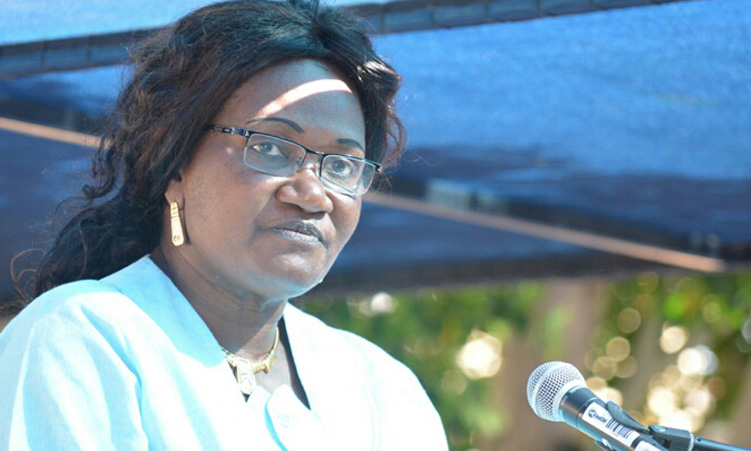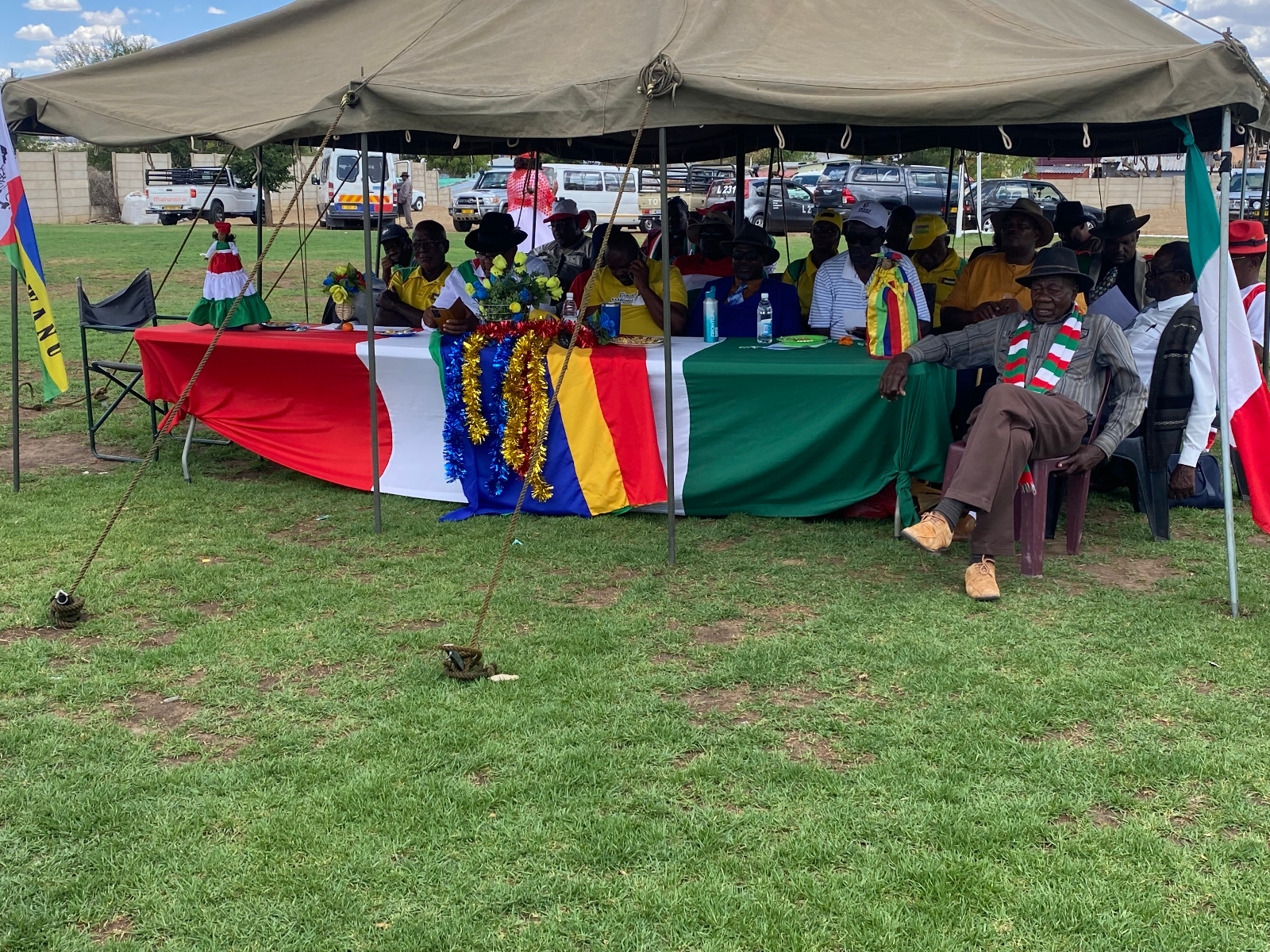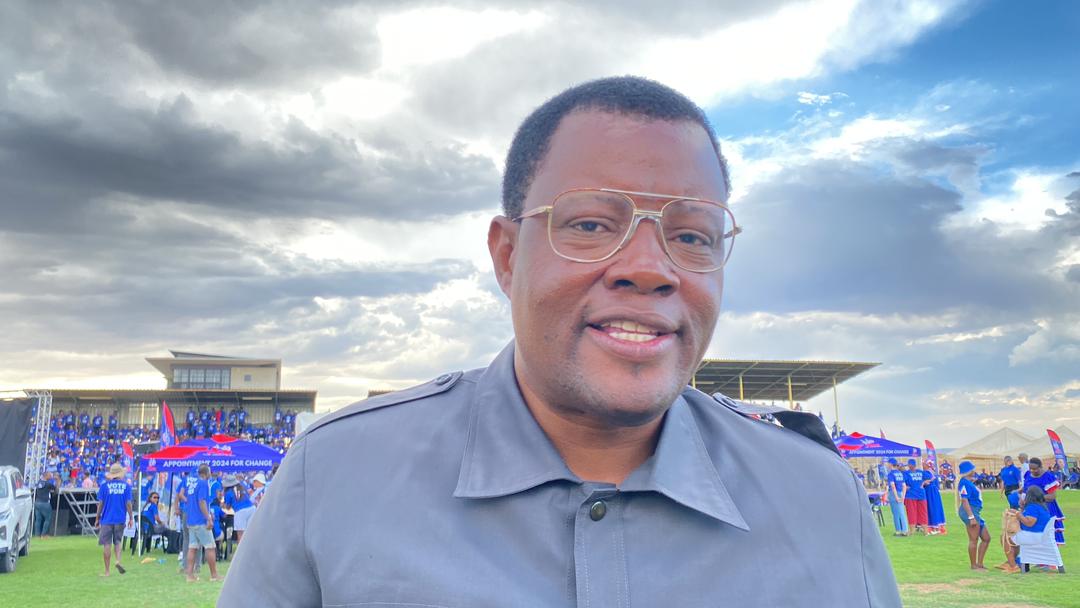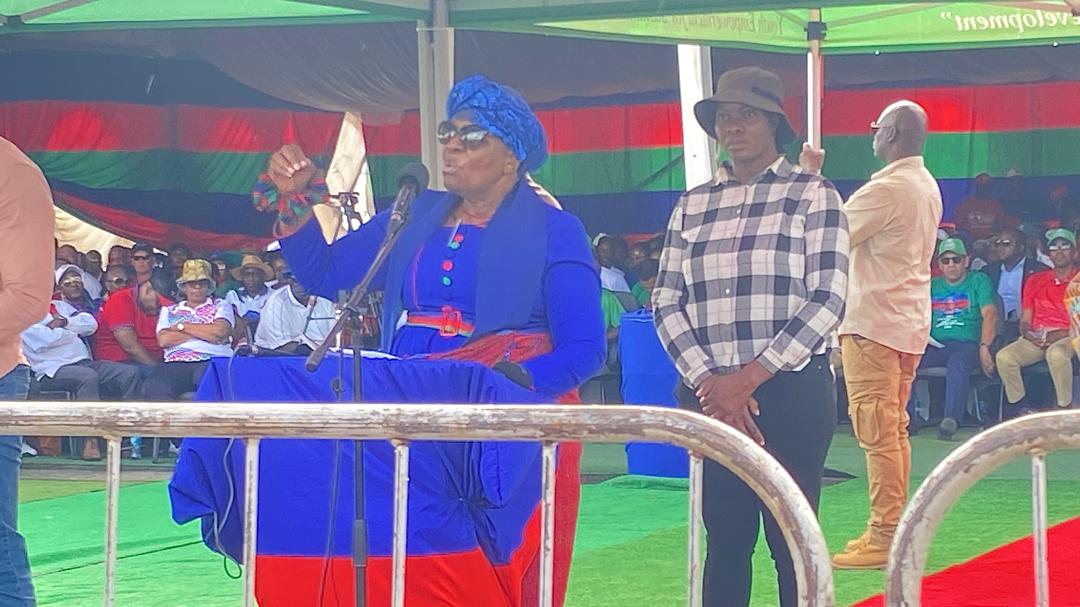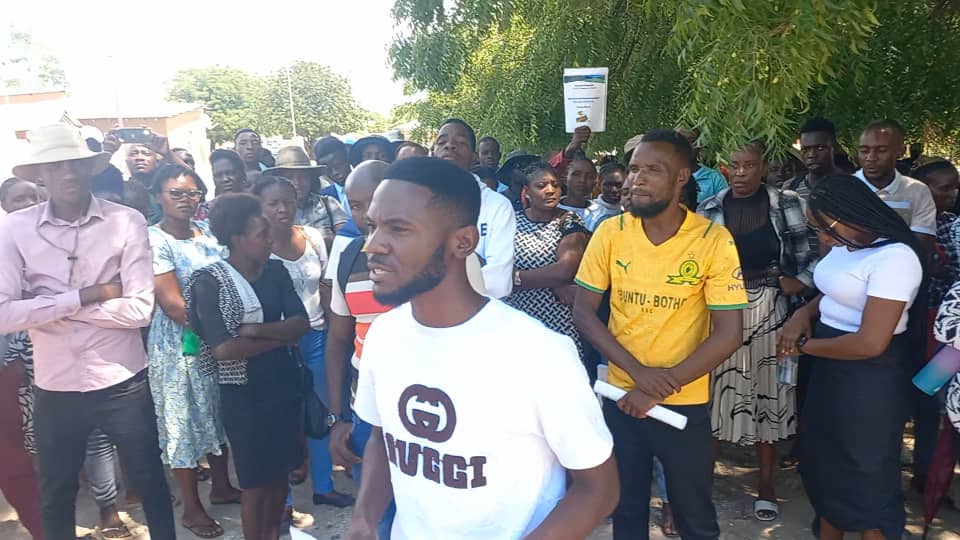The Namibian government’s policy on subsistence and travel allowances (S&Ts) appears solid and reasonable. But the practice and amounts paid to politicians and employees leave a lot to be desired.
Sadly, the presidents of independent Namibia have led the misuse of the policy by turning it into a free-for-all gravy train.
Reports that higher education minister Itah Kandjii-Murangi pocketed about N$1,5 million in S&T from tertiary education institutions where she is supposed to ensure good governance are only the latest in a long history of misuse of public funds and self-enrichment by public servants.
The revelations about Kandjii-Murangi confirmed statements that Fishrot accused and former minister of fisheries Bernhard Esau made in court last year.
“Travelling was very lucrative for us as ministers,” said Esau. He said travelling to Angola could generate US$500 (N$7 500) a day for him, while a visit to the United States could net a US$1 500 (N$23 000) a day.
Government S&T rates for international travel are set in US dollars because it is the currency widely used globally.
Kandjii-Murangi, Esau and environment minister Pohamba Shifeta have been publicly accused of misusing the institutions they supervise by asking them to pay for their travel costs. Many other politicians have most likely done the same.
More than just using their authority to draw money from parastatals, government officials and civil servants have long been reported to exploit S&T payments despite clear guidelines.
“The purpose of the payment of the daily subsistence allowance (DSA) is to compensate a staff member for expenses necessarily incurred on accommodation, meals and incidentals on behalf of the employer when performing official duties away from his/her duty station,” states the government’s policy document on S&T allowances, also known as DSA.
It is widely reported that very few bother to stick to the definition that “DSA is to compensate a staff member for expenses necessarily incurred…”.
Moreover, DSA amounts paid are set in three categories: Rate 1 covers accommodation, meals and incidental expenses; Rate 2: meals and incidental expenses; Rate 3: incidental expenses.
It has been reported that officials often claim the full rates even when their trips are fully or partially sponsored by the hosts.
Esau said he claimed money when he travelled to his birth town of Swakopmund and stayed at his childhood home to “save” money.
A well-meaning S&T policy has become what former minister Leon Jooste calls a piggy bank for politicians.
It’s more than “keep the change”, though. It is the blatant looting of taxpayer coffers as the money paid is extremely high compared to “expenses necessarily incurred”.
It is out and out greed, a deliberate abuse of state resources.
Further, there is no limit or tight control on the number of trips officials undertake. And since politicians can make more than their salaries, the incentive to travel is high and that could affect productivity negatively.
The Namibian has over the years documented that what president Hage Geingob may have pocketed in S&T amounted to two or more times his annual salary.
President Sam Nujoma was reportedly known for carrying millions of dollars in a briefcase as part of his S&T allowance when he travelled. One official accused State House of using such money for electioneering and frivolous spending.
The fact that state presidents collect S&T rates far higher than any other government official, despite all their expenses being paid by Namibia or their hosts, is a clear abuse of the existing government DSA policy.
Until higher authorities like the president and governance enforcers at the Anti-Corruption Commission (ACC) stop abusing and misusing the S&T, this deliberate practice of self-enrichment will not come to an end.
It is a damning indictment of our politicians that they seem to regard abusing the S&Ts as “the norm”.
Our incidental politicians would do well to heed an African proverb that says “greed loses what it has gained”.
Stay informed with The Namibian – your source for credible journalism. Get in-depth reporting and opinions for
only N$85 a month. Invest in journalism, invest in democracy –
Subscribe Now!


